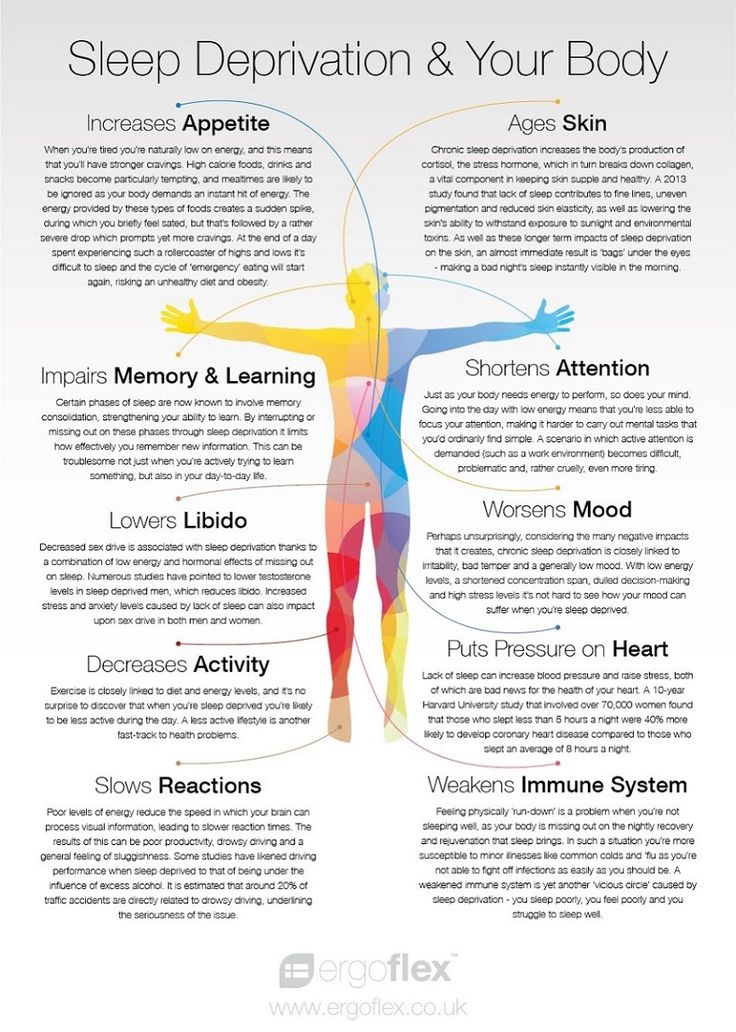May 21, 2013
Pulling an all-nighter to meet a deadline? Don't worry. Put on the coffee, take a deep breath and follow these tips to stay sharp and get the work done.
You can barely keep your eyes open, yet you need to meet that critical deadline. You had no idea it was going to take this long, be this difficult or that so many things were going to go wrong. It doesn’t matter, though, because sometimes you just need to push through. You can blame it on poor planning, ridiculous demands or both. Whatever the reason is, it’s irrelevant now because no excuse in the world is going to change things. You need to do the work now!
If you're running on no sleep, try these seven tips to stay awake, focused and on task.
Our ability to concentrate and stay on task becomes extremely diminished when we’re exhausted. Drifting around the Web and checking your email for the 100th time will keep you from getting the work done. Simply turning off email won’t work, since you will turn it back on. Disable your email and the Web altogether. The best way? Disable your wireless connection, or pull the data cable.
RELATED: 7 Reasons Working 9 to 5 Is Better for Business
Music helps ... but it needs to be instrumental or music with lyrics that you don’t know (so your mind doesn’t focus on singing). Secondly, make sure the music rocks. You want it to have lots of energy. Listening to lullabies, or music that makes you want to cry in your beer (you should not be drinking beer if you’re that exhausted), does not help at this critical time.
Napping may sound counterintuitive, but trust me, naps work. If you have kids, you know what 20 minutes of snooze time can do. It works for adults too. Yeah, you have a critical deadline ... every minute counts, right? Yet I’m telling you that you need to get some sleep, even a little bit. It’s true. Even 25 minutes of sleep will give you more energy than a cup of coffee and loud tunes. Set the alarm to very loud and go lie down for 20 to 25 minutes. You’ll be groggy when you wake up, and you may feel the urge to suck your thumb, but start pushing forward. After a few minutes you'll be cranking away again, and even feeling pretty refreshed.
It’s true. Even 25 minutes of sleep will give you more energy than a cup of coffee and loud tunes. Set the alarm to very loud and go lie down for 20 to 25 minutes. You’ll be groggy when you wake up, and you may feel the urge to suck your thumb, but start pushing forward. After a few minutes you'll be cranking away again, and even feeling pretty refreshed.
Do I need to say more? Knock back some double espressos, Mountain Dew, Red Bull or whatever it takes to keep you going for the short haul or for that last push.
Push-ups and sit-ups will wake you up. Do them hard and do them fast to get the blood pumping and your metabolism up. If you can’t do push ups and hate the idea of a sit-up, then find some stairs and go up and down them a few times. Run in place. Put your back to the wall and do squats. Whatever you do, get your heart rate up.
RELATED: 8 Ways to Change Bad Work Habits for Good
 Stand up.
Stand up.When you’re sitting, it’s easy to slump. If you can, stand while you're working. Find a counter or build up a low counter by putting a box or something on it to create a counter you can work at. If you have something you can do while walking around and talking into a tape recorder, or writing on a pad of paper, do it.
If you ask people who are drunk to say the alphabet, they will mess up every time. If you ask them to repeat one letter at a time, after you say it, they will nail it. It's the same with your work. If you have to work on a full-length report for example, break it down into very small chunks. Just think about the one sentence you need to do. When it's done, put all the focus on the next sentence.
Read more articles on productivity.
Photo: Getty Images
Maybe your dog just wouldn’t stop barking. Maybe you had one too many drinks with dinner. Maybe your toddler had a cold and kept you up all night.
Maybe your toddler had a cold and kept you up all night.
Whatever the reason may be, we all have days when we just don’t get a good night’s sleep. And when you have to go to work and function the next morning, it can be downright painful.
Sure, reaching for a cup of coffee may seem like the perfect pick-me-up, but there are better ways to get through the day.
Here are five things you can do to stay focused at work when you’re tired.
Splashing your face with cold water actually works. So, head to the office restroom, run your hands under the cold faucet, and splash some agua on your face.
Will it mess up your makeup? Maybe. But you’ll instantly feel refreshed, rejuvenated, and ready to get back to work.
If you work from home, there are even better ways to wake yourself up with water.
Taking a quick, cold shower is a great way to refresh your brain and feel more energised. You can also fill a bucket with cold water and stand in it with your bare feet for a few seconds.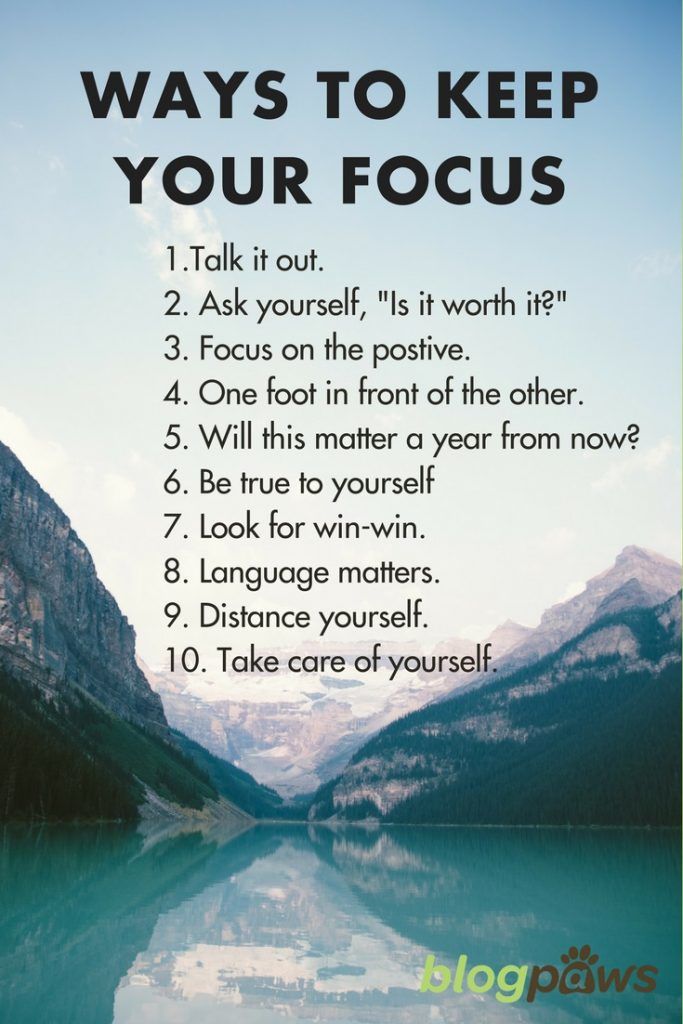 Either method will definitely wake you up!
Either method will definitely wake you up!
Make sure to drink plenty of water, too. Being dehydrated will only make you more tired and make it harder to concentrate.
It’s easier to focus when you have one specific goal in mind. Before you start your workday, identify the most important thing you need to do and work only on that.
If the one thing you have to do is a massive project that requires lots of concentration, you can get through it just by breaking that big project down into a series of smaller, easier tasks.
By breaking a big task down into little parts, you’ll feel less overwhelmed and have a better chance of getting things done. When you’re sleepy and aren’t working to your full potential, it’s all about taking little baby steps.
When you need an instant energy boost, you need to get up and move.
Stand up. Stretch your body. Get out of your desk chair and walk down the hall or up and down a flight of steps.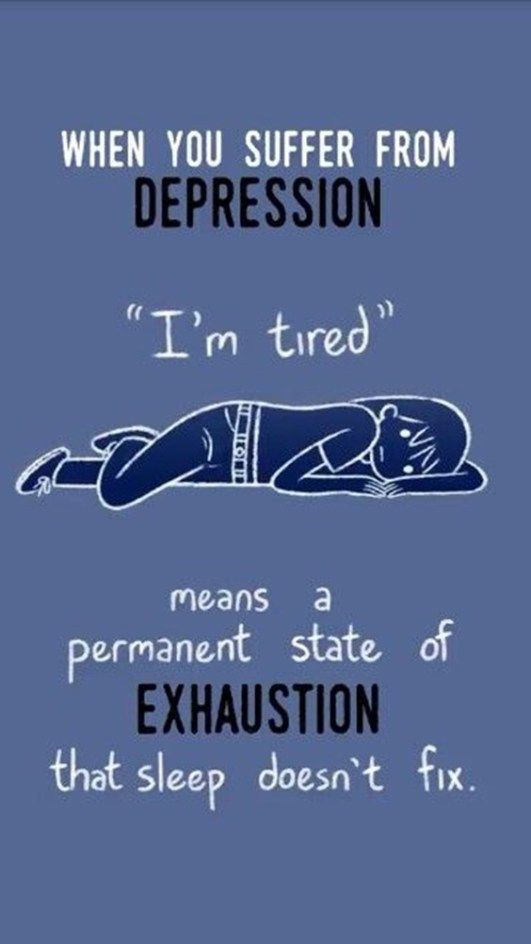 Even small amounts of exercise will send oxygen to your brain, and that will give you the quick energy boost you need.
Even small amounts of exercise will send oxygen to your brain, and that will give you the quick energy boost you need.
It’s even better if you can do a bit of walking outside. Why? Because sunlight boosts your serotonin levels, and when your serotonin levels are where they should be, it’s easier to focus.
Sitting and slumping in your office chair will do nothing to boost your mood or give you the energy you need to get through the day. If there’s a way that you can stand while you work, do it!
Standing also sharpens your attention, making it easier to focus on whatever it is you need to get done.
We often associate deep breathing techniques with meditation and relaxation. And that’s the opposite of what you want to do if you’re feeling sluggish and unfocused.
But a few deep breaths will also help you focus your mind and improve concentration.
Breathe in through your nose and out through your mouth. If you do it properly, your brain will start to focus on taking those breaths.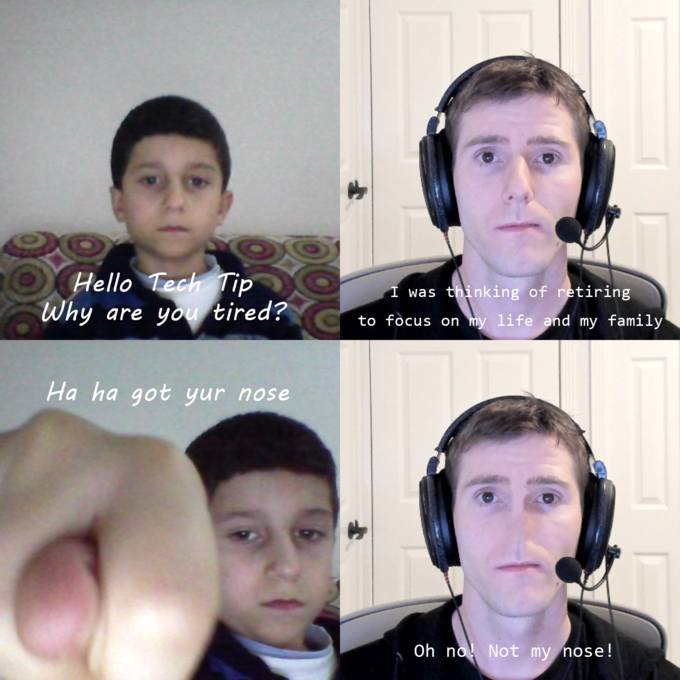 And when you’re done, your brain will be better able to focus on other things as well.
And when you’re done, your brain will be better able to focus on other things as well.
Eliminating distractions is key to having a productive workday, even when you’re at the top of your game and functioning at peak levels. But when you’re tired, it’s an absolute must.
Avoid checking your email every five minutes. By avoiding your inbox, you won’t be distracted by unimportant messages or waste time responding to items that don’t even require a reply. Now is not the time to waste ten minutes thinking of a clever response.
Put your phone away. If you start scrolling through Twitter or FB posts, you’ll only sink into more of a slump!
If you can, unplug entirely and avoid all digital distractions and external factors. We love our tech, but it has a way of pulling our focus away. And when you’re tired and sluggish, that’s the last thing you need.
Knowing what not to do is just as important as knowing what to do. There are a few things that may seem helpful in the moment but will actually derail your plans for the entire day.
There are a few things that may seem helpful in the moment but will actually derail your plans for the entire day.
Procrastination is not your friend. Do not put off important work early in the day by trying to convince yourself that you’ll get it done later in the afternoon. You won’t. Instead, tackle the important tasks early so your day eases up as the hours tick by.
Avoid sugar. It can be tempting to reach for a sugary snack or a cup of coffee to give you a quick energy boost. But sugary foods and drinks will only make you crash later.
Instead of inhaling a handful of M&Ms, grab a healthy snack, like a granola bar made with whole grains.
Work can be hard enough when you’re feeling great, but when you’re tired, it can be downright awful. The next time you’re sleepy and need to find your focus, here’s what to do:
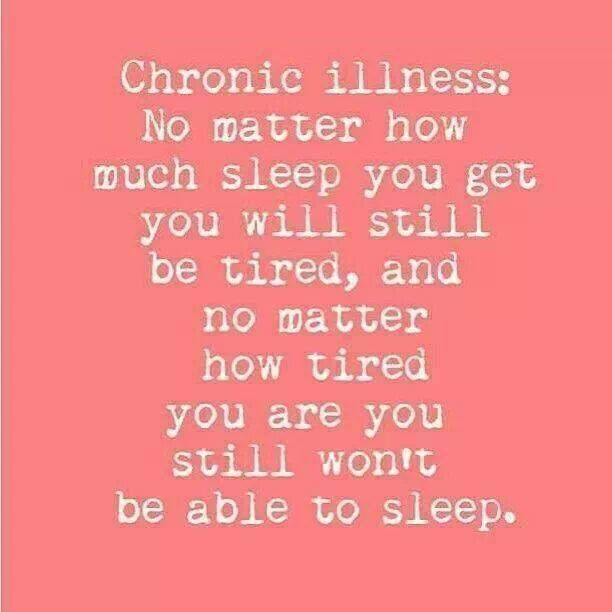
And when the day is done and it’s time to go home, reward yourself with a solid eight hours of sleep!
Angus Flynn is the business manager for Village Greens of Queen Creek. He loves to help others and takes great pride in working in a community that so many love to call home.
Image by Peggy und Marco Lachmann-Anke from Pixabay
Image Credit, iStock
Anyone who has ever tried to focus on a very difficult or very boring job can attest that it can be incredibly difficult at times. Science offers us five seemingly counterintuitive ways, which, however, should help.
Science offers us five seemingly counterintuitive ways, which, however, should help.
The internet is full of advice on how to focus when everything around you is distracting. However, many of these tips are either too far from reality, or suggest disconnecting yourself from the office routine if possible (and then you already start to be distracted by thoughts that you may be missing something important).
How many of us, for example, enjoy working with headphones all day long? Or never look at social networks, or even turn off the Internet altogether? Or maybe it's as simple as "always treat your work as inspiring and fun"?
But perhaps most importantly, a lot of this advice has very little to do with what modern psychology already knows about the human mind.
Much of what we thought was supposed to help us focus on work actually goes against the normal workings of our brains.
So, if there is a science of concentration, then what does it offer us that are not written about on the Internet?
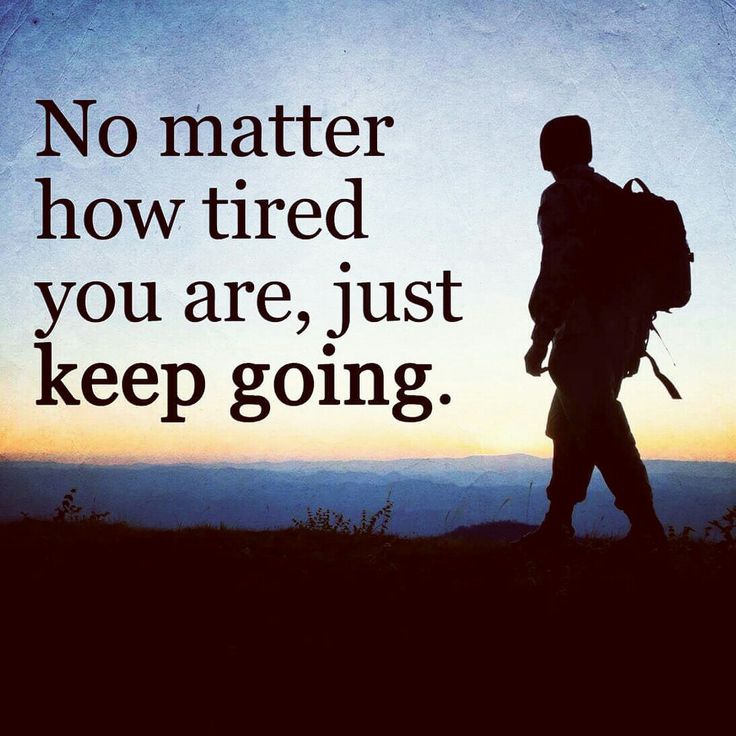 Switch off
Switch off Can't concentrate on important work? It may sound counterintuitive, but letting your brain shut down, letting it wander aimlessly is the best thing to do.
More and more psychologists are coming to understand that we all spend a very significant part of the day just dreaming and aimlessly fantasizing - by some estimates, about 50% of the time!
What prompted a number of psychologists to think that this is mind wandering - as they say, "not a bug, but a feature", not a malfunction in the brain, but an important part of the system that helps our brain to function normally.
Image copyright, iStock
Image caption,If you still spend half your time daydreaming and fantasizing, maybe you should consciously set aside some time for this?
To understand why we lose focus, just look at how the brain works.
Concentration requires concerted action, a kind of networking of different areas of the brain, including its frontal cortex, which, among other things, is responsible for counteracting distractions and controlling our natural desire to do something more interesting.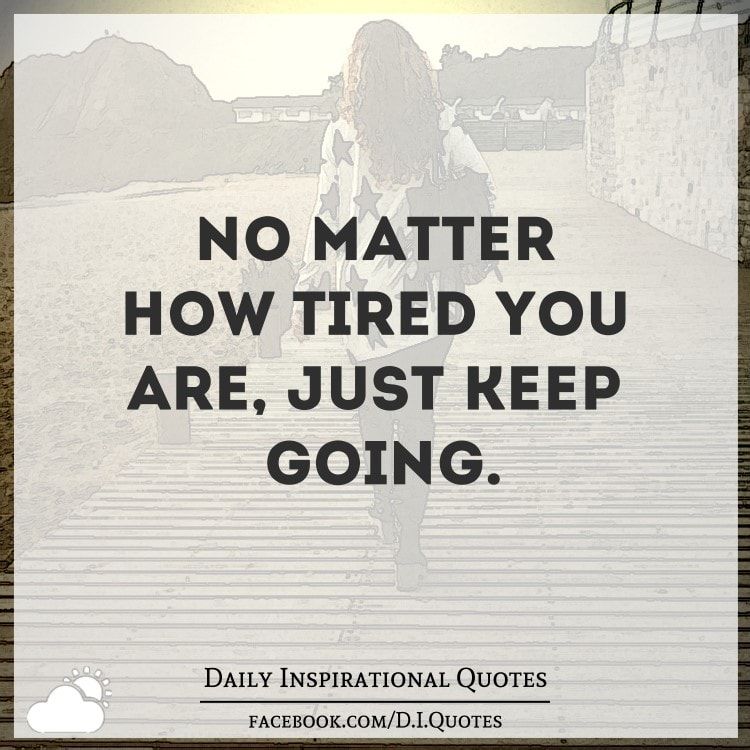
It takes a lot of energy to keep this network functioning, much more than the group of brain regions involved in our doing nothing, fantasizing and dreaming.
Therefore, at some point in the working day, we inevitably slow down, and our mind begins to wander.
In that case, if it's unavoidable, why not set aside time for it more consciously?
Paul Seli, a psychologist at Harvard University, distinguishes between intentional and accidental brain shutdowns. According to him, only those cases when it happens by accident are harmful to the case.
People who know how to turn off their brain for those moments when its participation is not required - for example, when performing some kind of mechanical work - as a rule, they cope with tasks more successfully than those who give their brain the freedom to switch off and on.
"If the task is easy, then you can deliberately turn off the brain, let your mind go where it wants, and this will not affect the result of the work," says Seli.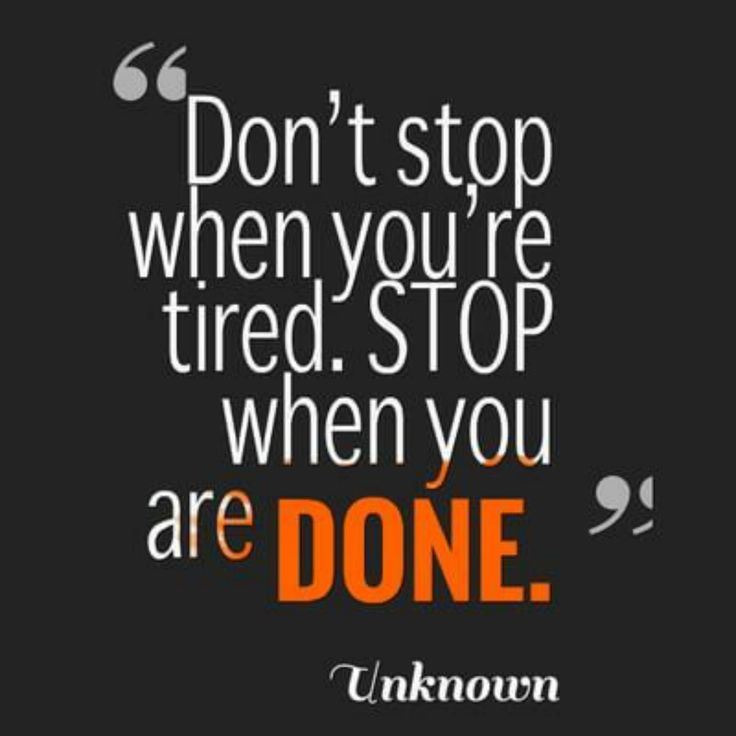 In his opinion, such conscious disconnections will only help at other points in the working day when deep concentration is needed.
In his opinion, such conscious disconnections will only help at other points in the working day when deep concentration is needed.
"Think about something irrelevant - maybe a completely different problem. And after a while return to your task," recommends the psychologist.
By allowing yourself to switch off and daydream, you not only get rid of subconscious guilt about it, but also give your brain what it needs.
Image credit: iStock
Image captionOne study recommends making workplaces more casual, fun, and relaxed
Funny cat videos are often viewed as the epitome of distraction, but some psychologists believe that cat videos help us get in the right mental state to successfully complete our day's work.
The fact is that, no matter how much we love our work, we need a special effort of will and thought in order to be concentrated on a difficult task for a long time.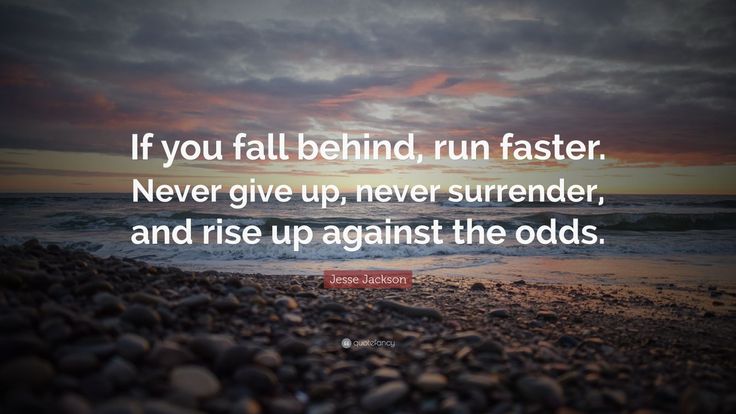
According to a recent study, one of the best ways to tap into your willpower and mental abilities is to laugh heartily.
In the experiments, people who were given a funny video worked longer and harder to solve an unanswered riddle than did controls who were shown relaxing but not funny videos.
The researchers concluded that humor replenishes our reserves so effectively that it is recommended to create a more relaxed, fun atmosphere in the workplace.
"A fun team environment improves productivity," says David Chen, a leadership researcher at the Australian National University in Canberra.
"Of course, this doesn't mean that everyone has to watch cat videos all day long. However, it's very useful to take a break from time to time. Especially when you're tired."
To properly concentrate on your work, you need to get rid of all external distractions, right? In fact, according to one influential theory of attention, just the opposite is true.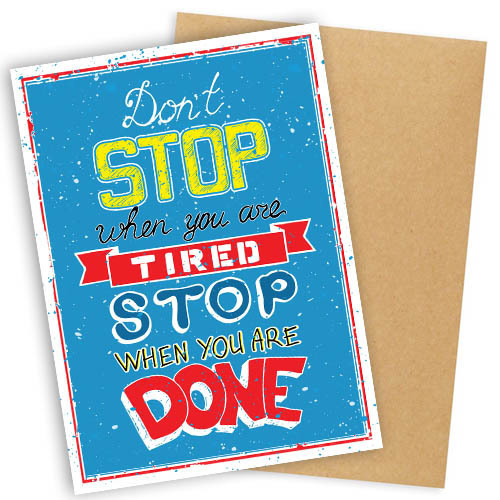
Nilli Lavy, a psychologist at University College London, proposed this theory, which she called the 'Load Theory' in 1955.
The idea was that there is a limit to how much information from the outside world our brains can digest at any given time.
And when all the processing capacities are full, the attention system of the brain itself begins to choose what to focus on.
Image copyright, iStock
Image caption,Is your desk so cluttered that it's hard for you to figure out what's where? Nilli Lavy's experiments show you're about to do something big
Skip the Podcast and continue reading.
Podcast
What was that?
We quickly, simply and clearly explain what happened, why it's important and what's next.
episodes
The End of the Story Podcast
Levy's experiments have shown that we seem to work more efficiently not at empty, clean desks and in complete silence, but in disorder and chaos.
This is because when all the cells of perception are filled, the brain focuses all energy on the most important task. Everything else is just cut off.
The problem with putting this idea into practice is to provide the right amount of distractions and not over-load.
There are already dedicated mobile apps (eg ommwriter or focus@will) that can add visual or musical distractions at your request, but none of these have yet been scientifically tested. Perhaps they are no more useful than simply turning on the radio.
The main thing here is to give your brain enough exercise so that it doesn't have the opportunity and desire to look elsewhere for stimuli.
For most of us, it will all come down to trial and error, but since this method is very tedious, we advise you to use it with caution - only when all the others have failed.
When you need to do something urgently, taking a break is the last thing on your mind.
However, there is plenty of evidence that taking a break can help you achieve more. The main thing is to decide when exactly to take it, for how much and what to do at that time.
According to a number of studies done in the 1990s, our natural lucidity cycle works so that we can fully concentrate for a period of no more than 90 minutes, and then we need a 15-minute break.
Other research has found that even a minimal break of a few seconds can work - but only if it provides a complete distraction from the current task.
In experiments, people were asked to perform arithmetic operations for several seconds - that is, to occupy their minds with something much more intense than simply looking out the window.
Image copyright, Getty Images
Image caption, For those who can get away from the computer keyboard, running in the middle of the day is a very good option. A cup of coffee will be a good addition to it before you get back to work.
Going for a run or just a walk in nature will certainly help your brain cope better with tasks that require a high degree of concentration.
Another option is meditation. There is ample evidence that those who have learned to meditate have better control of their attention and more accurately feel when it is time to take a break.
If all of the above seems too time-consuming for you, here's the good news: with or without exercise, a cup of strong coffee improves memory, reaction time and attentiveness - albeit for a fairly short time.
So whatever your break, don't forget to pour yourself a coffee when you get back to work.
Image copyright iStock
Image captionIs exercise not your thing? A dose of caffeine will provide a short-term period of concentration
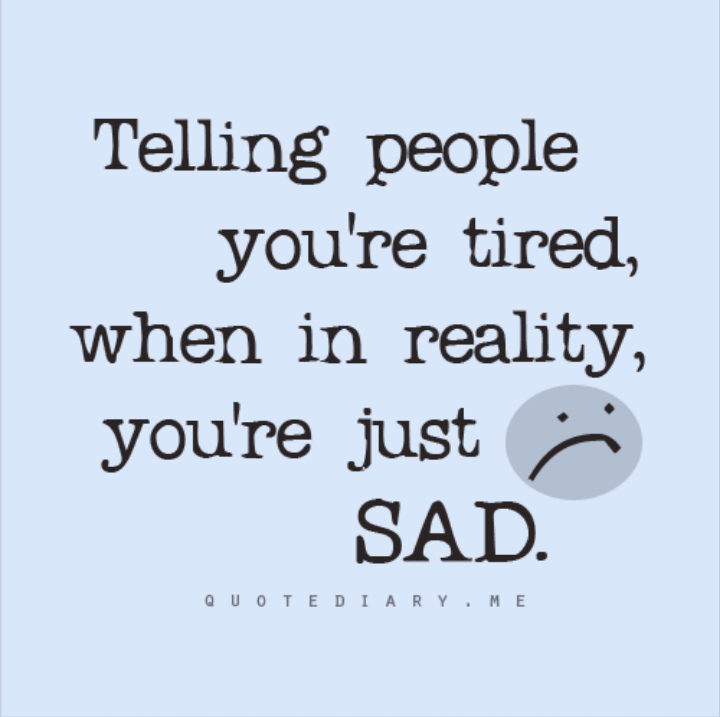 And don't stress too much
And don't stress too much When you need to stay focused for long periods of time, take frequent breaks, according to a study by Joe Degutis and Mike Esterman of the Boston Attention and Learning Laboratory (Massachusetts, USA).
Through a series of experiments, they found that the most successful strategy for staying focused is to work a little and then take a short break. Those who tried to stay focused all the time ended up making more mistakes.
Christian Olivers of the Free University of Amsterdam came to a similar conclusion in his study: people's attention span does not dry up a little longer if you ask them to occasionally distract themselves and think about something else instead of constant, uninterrupted concentration on business.
And this is probably the most important conclusion of all studies of the human ability to concentrate. The more we learn about how the brain works, the clearer it becomes for us: stress is the enemy of concentration.
So try to find time for those exercises or little tricks that will help you feel calmer and more confident in yourself. And everything will work out for you.
Read the original of this article in English is fashionable on the website BBC Capital.
Marta Brzosko
Author. Writes about personal growth and self-development.
We constantly hear that modern people have forgotten how to concentrate. And that it is the ability to focus and work in depth that separates the successful from the mediocre. It seems to me that this approach puts a lot of pressure and causes shame.
By admitting that you have distracted attention, it is as if you are announcing that you are a loser. After all, who wants to think of themselves as one of those who get distracted by the bullshit and can't focus on their goals. As a result, many simply deny that they find it difficult to concentrate.
After all, who wants to think of themselves as one of those who get distracted by the bullshit and can't focus on their goals. As a result, many simply deny that they find it difficult to concentrate.
But what if we evaluate concentration from a purely practical point of view, forgetting about the “moral superiority” glorified by culture of those who can not be distracted for a long time? This became the starting point for improving my own concentration. I was inspired by an excerpt from Chris Bailey's book Hyperfocus.
“As I researched this question for years, I found that the word 'productivity' took on additional meanings,” he writes. — Usually it is associated with something cold, corporate and too obsessed with efficiency. I prefer a different, friendlier definition: to be productive means to achieve what we set out to achieve. If we planned to write three thousand words in a day, give a presentation to management, and parse email, and successfully completed all this, we were productive. Likewise, if we were going to have a relaxed day and really did nothing, we were productive again.”
Likewise, if we were going to have a relaxed day and really did nothing, we were productive again.”
From the same book, I learned that it is intention—what I am concentrating for—that fuels attention.
To increase the duration of concentration, you need to know why it is important for me. It's just pointless to train her.
We'll get to practical advice, but first let's talk about this:
The article is long, but let this be your preliminary test of concentration. Maybe by the end you'll find that it's not so bad.
You must have read at least one article complaining that in the digital age people lose the ability to concentrate.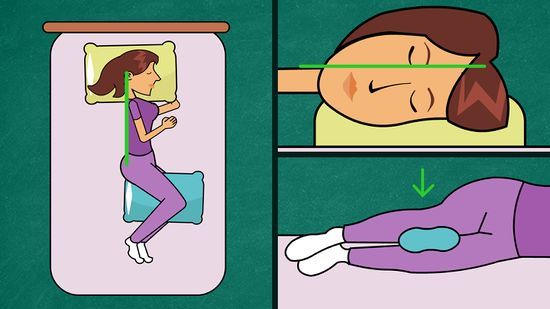 The most commonly reported is that the average duration of concentration has decreased from 12 seconds in 2000 to 8 seconds in 2013. That is, now, as bloggers and journalists tell us, goldfish remain focused longer than us - for 9seconds.
The most commonly reported is that the average duration of concentration has decreased from 12 seconds in 2000 to 8 seconds in 2013. That is, now, as bloggers and journalists tell us, goldfish remain focused longer than us - for 9seconds.
These figures have been cited by many influential publications, usually pointing to the Canadian Microsoft study and not noticing that it refers to the Institute for Brain Statistical Research, which refers to other sources. Fortunately, there were people who dug deeper. It turned out that these figures are taken from the air and are not confirmed by any scientific data.
The reliability of this statement is also doubtful because from the point of view of psychology, the concept of the average duration of concentration does not make sense.
How long we can concentrate depends too much on the context, so generalized numbers are of no practical use.
As psychologist Gemma Briggs notes, everything is related to a specific task and a person's condition.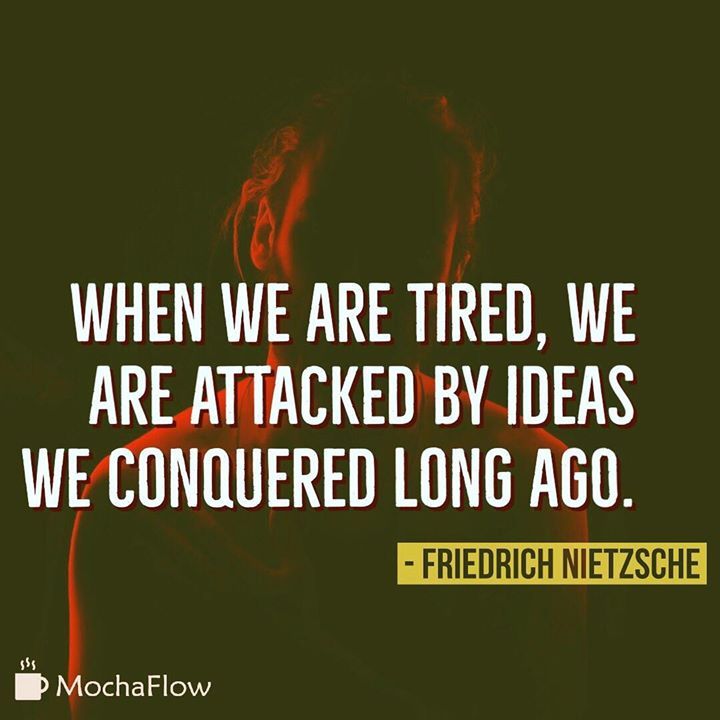 And this is logical. My ability to concentrate changes throughout the day. If I can write for 2 hours non-stop in the morning, it is almost impossible to accomplish such a feat in the afternoon. In addition, attention behaves differently depending on how much effort the task requires. For example, reading a scientific paper is not the same as reading a gripping thriller.
And this is logical. My ability to concentrate changes throughout the day. If I can write for 2 hours non-stop in the morning, it is almost impossible to accomplish such a feat in the afternoon. In addition, attention behaves differently depending on how much effort the task requires. For example, reading a scientific paper is not the same as reading a gripping thriller.
So all is not lost, your concentration is not gone forever. Yes, it may be difficult for you to devote all your attention to one thing for a long time, but this does not mean that your brain is broken. Most likely, the ability to concentrate in the 21st century has not changed so much, it’s just that new living and working conditions exacerbate the natural tendency of the brain to be distracted.
We tend to blame them for attention problems. Notifications that constantly accumulate in smartphones, and the fear of missing something important that they cause - this is what we usually write off concentration difficulties. But this is only the outer side of the issue, and the root of the problem is deeper.
But this is only the outer side of the issue, and the root of the problem is deeper.
I realized this when I was trying to overcome my phone addiction. To begin with, I began to notice when I reach for him for no reason. Turns out there is always a reason. Usually this is some kind of emotional discomfort that you want to escape from: boredom, awkwardness, anxiety.
In other words, the use of the phone, and with it the excessive consumption of media and social media content, was a reaction to unpleasant experiences, and not a cause of distractions.
People have always had problems with concentration. Here is what Nir Eyal writes in his book Undistracted: “Previous generations were helped to avoid distraction by social pressure - before the invention of the personal computer, procrastination at the desktop was noticeable to everyone around. Reading a magazine or talking about your weekend on the phone made it clear to colleagues that you were taking a break from work.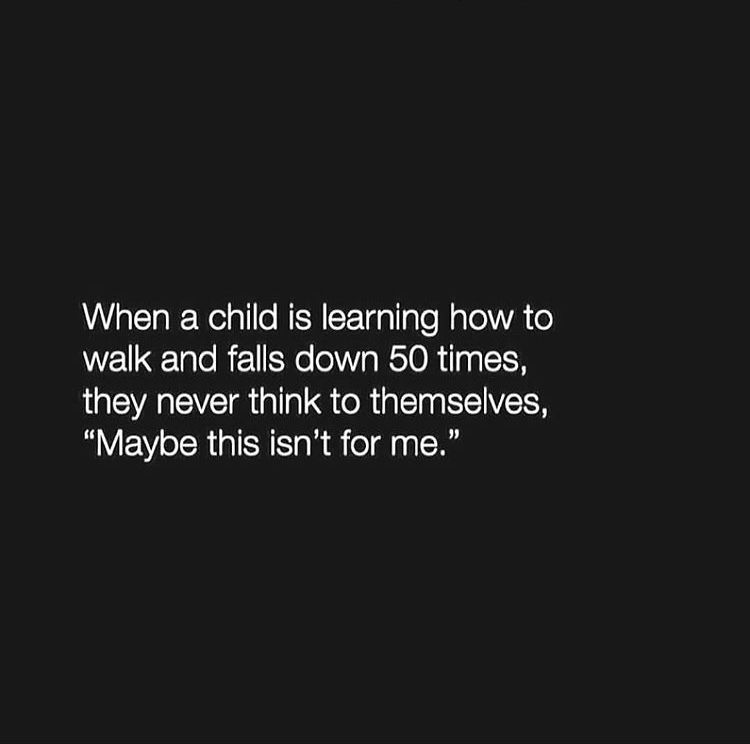 ”
”
Today, everything is far from being so obvious, and if you work from home, the social factor generally disappears. And in general, the circumstances have changed:
All these circumstances make concentration problems more noticeable, but do not cause them. After reading many books about attention and observing myself, I can conclude that the reasons lie in our psychology.
From a means to achieve a result, productivity often turns into a fetish.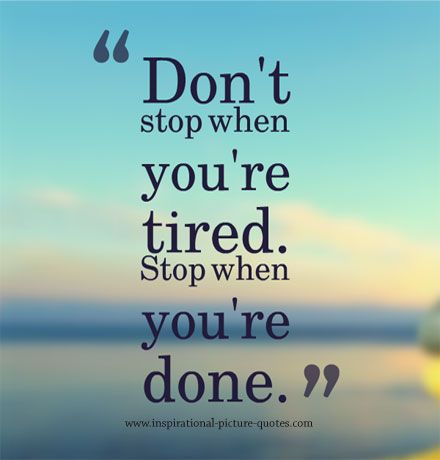 We try to be productive and focused for the sake of being productive. But with this approach, the brain does not understand why to concentrate and make efforts at all. Naturally, good results cannot be achieved in this way.
We try to be productive and focused for the sake of being productive. But with this approach, the brain does not understand why to concentrate and make efforts at all. Naturally, good results cannot be achieved in this way.
The ability to concentrate on one thing for a long time was unfavorable for evolution. Much more important was the ability to quickly redirect attention in response to unexpected danger. As a result, our brains are still constantly looking for novelty. This behavior is reinforced by the release of dopamine when we switch to a new task, browser tab, or TV program.
Moreover, in search of new incentives, a person is ready to go very far. In one study, participants were asked to sit in a room and just think for 15 minutes. In the room there was only a device with which you can slightly, but painfully shock yourself with an electric shock. Prior to the start of the experiment, all participants said they were willing to pay to avoid it.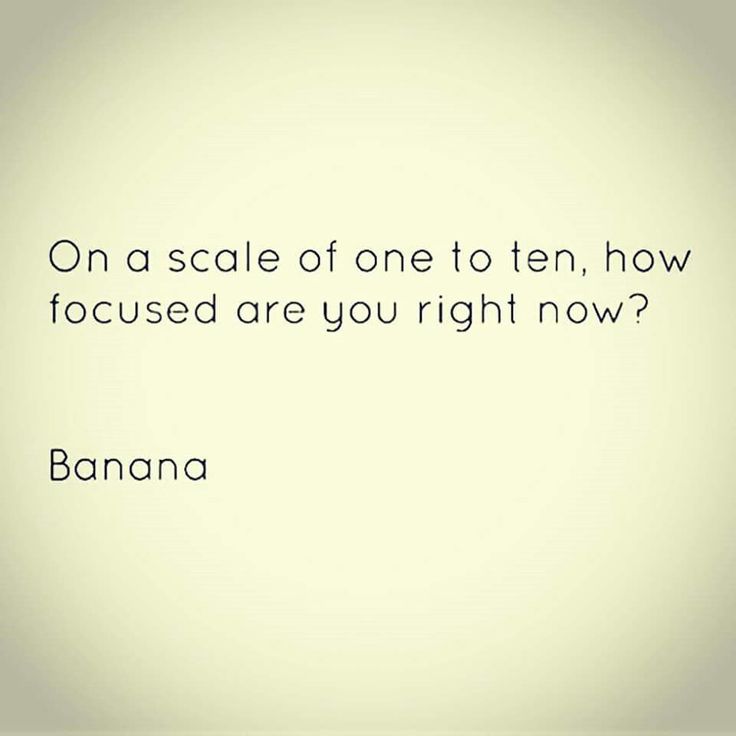 But when they were alone in a room with boredom, 67% of men and 25% of women used the device, some even more than once.
But when they were alone in a room with boredom, 67% of men and 25% of women used the device, some even more than once.
The ability to concentrate is not unlimited. When we overstep boundaries and overload our attention, we lose the ability to focus. This happens when we try to do too many things at once or focus on something difficult for too long.
As Chris Bailey writes, the more often we fill our attention to the brim, the more time we spend switching between tasks, the less we are able to filter out unnecessary information on the go, and the more difficult it is for us to suppress the urge to jump from one thing to another.
This is the biggest problem for me. While I weaned myself off the phone, I noticed that during the day there are countless emotions and sensations. They encourage me to shift my attention from what I'm doing to something else.
Like the desire for novelty, this is due to our evolutionary development.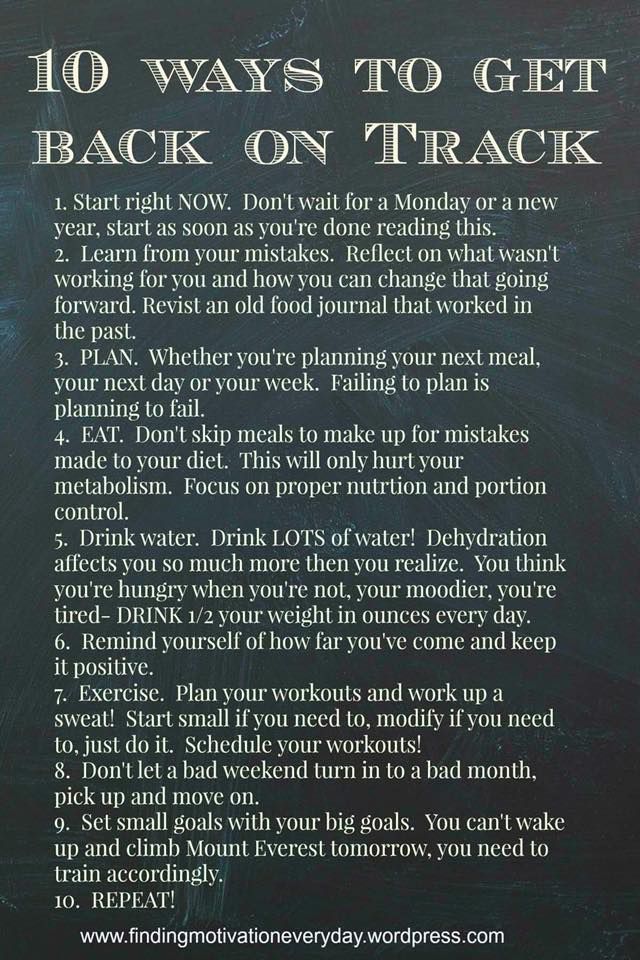 As scientists write, if satisfaction and pleasure were constant, we would lose incentives to continue to look for new benefits and advantages. In other words, these feelings were not useful to our species, and today we are constantly experiencing anxiety.
As scientists write, if satisfaction and pleasure were constant, we would lose incentives to continue to look for new benefits and advantages. In other words, these feelings were not useful to our species, and today we are constantly experiencing anxiety.
For the last three years I have been trying to solve these problems. I gritted my teeth and tried not to be distracted. It worked, but only to a certain extent: I could not bypass the brain device. Everything began to change when I accepted the reasons for the difficulty in concentrating. I stopped fighting them and began to learn how to turn them to my advantage. To do this, we need to understand how our attention works.
Imagine attention as a physical space that can only accommodate a certain number of tasks at a time. It depends on how much of our "computing power" is needed for each of them. For example, you can iron clothes, listen to the radio and sing along at the same time.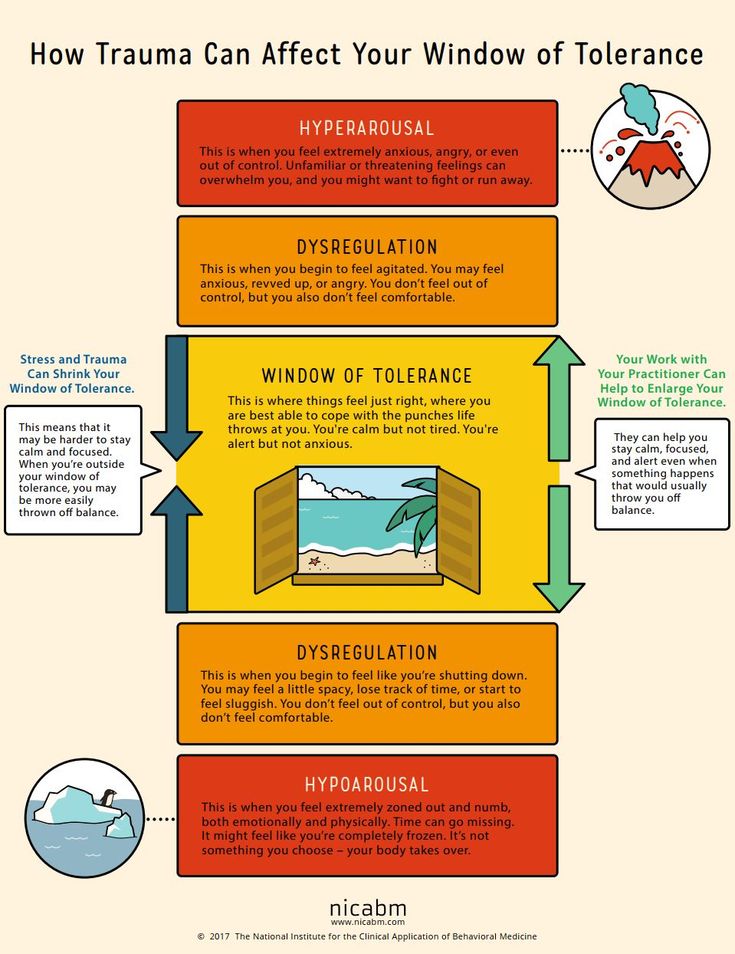 Such things take up quite a bit of space, we do them almost automatically.
Such things take up quite a bit of space, we do them almost automatically.
Complex tasks are different. They require conscious involvement and more space. This is, for example, a serious conversation, writing a report, reading a book on philosophy. The more complex the case, the less space is left for the synchronous execution of others. For example, when you listen carefully to a friend's story about his problems, it may be difficult for you to make tea, although under normal circumstances you do it without hesitation.
The ability to concentrate is highly dependent on how you manage your space of attention. For optimal results, follow these guidelines.
During a complex task, this allows you to do two things. First, consider the best strategy. You may come up with ideas that would not come to mind if attention was packed to capacity. For example, remove the lengthy introduction from the presentation and go straight to the main topic.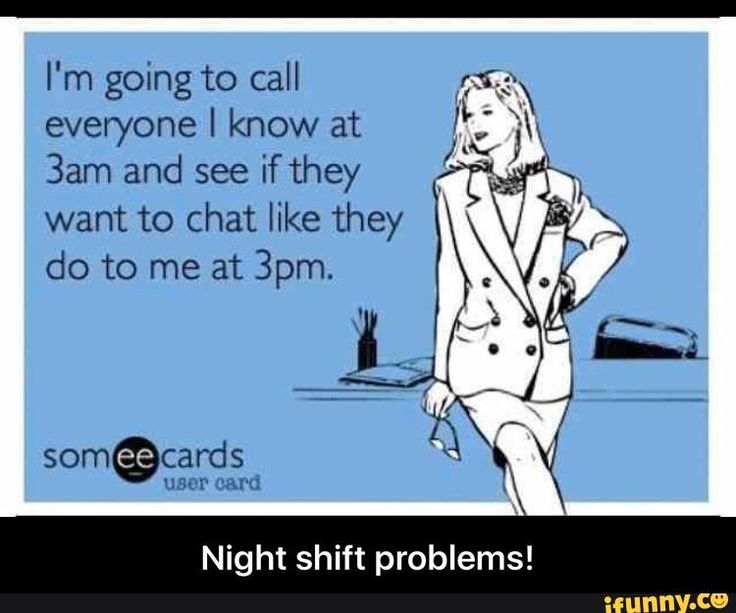 Secondly, notice what you are paying attention to, and when you inevitably get distracted, return to the task.
Secondly, notice what you are paying attention to, and when you inevitably get distracted, return to the task.
Curiously, the same approach is trained in mindfulness meditation. The meditator is told to focus on the breath, but not to direct all attention to it. The rest of it is needed to observe what is happening in the mind.
They occur when we switch from one task to another, especially if the first one is not completed. Let's say you're writing an important message and suddenly the phone rings. While you're talking, your brain keeps thinking about the message and it's hard for you to focus. Such thoughts are the "tail" of the previous case. To avoid it, try not to jump from one task to another if possible.
Think of four psychological reasons that undermine concentration.
It is important to know why you personally need to improve your concentration. Otherwise, it turns out that you are doing it just out of vanity.
Otherwise, it turns out that you are doing it just out of vanity.
Try to find a practical purpose. Think about what actions will most change your life if you can focus on them better. For example, communicating with children, writing texts or studying. Then remember what usually distracts you from this.
For me, the thing that required intense concentration was writing texts. I have noticed that only with proper focus can I put my best ideas into words and build the career I want. And from distractions, I singled out checking social networks, snacks and sending messages to friends in the midst of work.
To make it not distract, but, on the contrary, help, try to turn the task into pleasure. To do this, rethink it or change the approach to it. Let its complex elements become part of the game.
For example, when I was writing this article, it was hard for me to concentrate. At some point, it began to seem to me that I could not do anything at all, that it was too difficult. Then I turned the process into a game: I imagined that I was a romantic writer who was so immersed in her work that she didn’t care about anything else.
Then I turned the process into a game: I imagined that I was a romantic writer who was so immersed in her work that she didn’t care about anything else.
I delved into collecting information and began to write down interesting thoughts, even if they were not included in the article. She laid out the books and drafts on the table and the floor. I created conditions in which I felt like a character from a movie. Having thus turned the task into a game, I began to pay attention to how I type, take notes and build sentences. And I saw possible new approaches to work. It brought enough novelty to the process that I didn't get distracted by other things.
Another way is to allow yourself mini-distractions. They are even useful for concentration, and here's why:
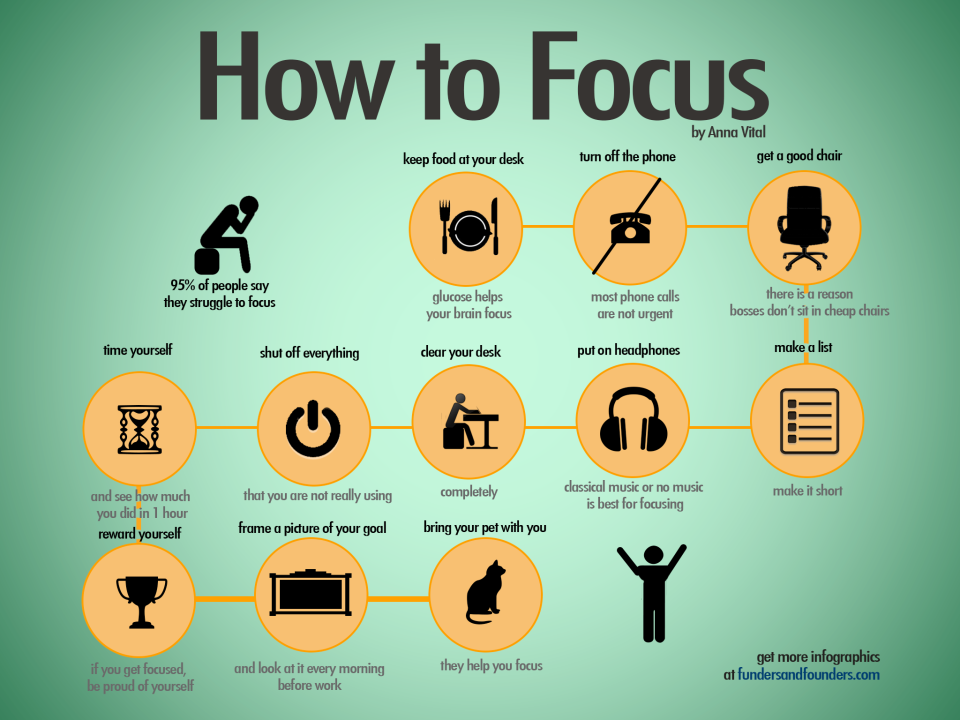
Mini-distractions do not burst into the attentional space as new tasks, but are born within it. Here are some examples:
When I notice that I want to be distracted, I allow myself to spend a few moments on something like that. These distractions don't bring new thoughts (unlike social media) and they're short so I don't have time to forget what I was doing.
Before you take on a difficult task, make sure it "fits" in your attention space. If it's too big, don't try to stuff it all in. Break it down into small steps and take them one at a time.
Introduce opening and closing rituals to prevent tails from appearing. That is, so that thoughts about the previous action do not follow you into the next. These should be some kind of symbolic actions that mark the beginning and end of the work.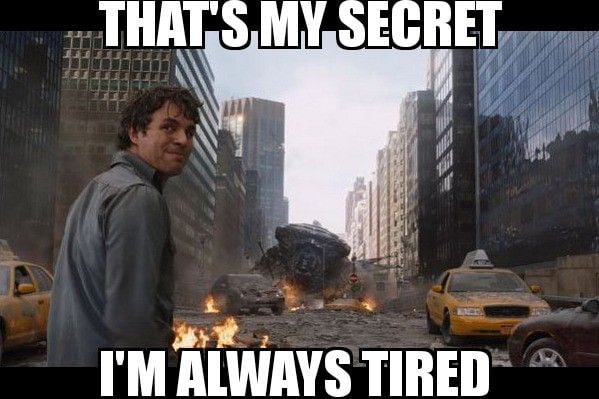 They will prepare the brain for what is to come next and make it easier to move from one thing to another.
They will prepare the brain for what is to come next and make it easier to move from one thing to another.
For example, before I write, I light a candle, burn incense, or just put a cup of coffee next to my computer. And to complete the work, I like to write down what I have achieved today, or meditate for a minute.
Track distractions to avoid them in time. To do this, regularly ask yourself: “What is my attention right now?” Then you will be able to consciously respond to your feelings, and not automatically respond to them.
For example, as I write this, I feel hungry. But I know I'm almost done with the point about attention overload. This helps me not to be distracted by running to the kitchen for food, but to make a conscious choice: finish writing, and then take a long break for lunch and rest.
Recognize helpful distractions. A persistent urge to log on to Facebook* may signal that your attention is depleted and it's time to take a break. And fidgeting in a chair means that you need to take a walk or stretch.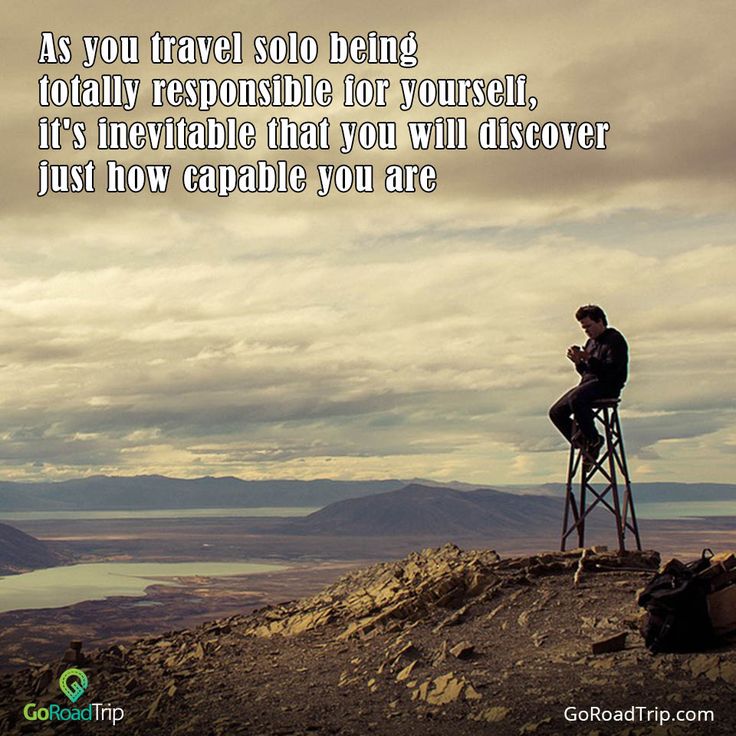
To distinguish between a useful and a harmful distraction, I ask myself the following questions:
Try to hold out for the first 5-10 minutes. Getting started on a big task is usually the hardest part, so getting over that initial discomfort is key.
For example, when I can't start writing, I tell myself that it's okay if I just stare at a blank page for the first 10 minutes. I do not force myself to achieve something during this time. My only goal is to overcome resistance. Usually, after a few minutes of looking at the screen, I understand that I can start typing something.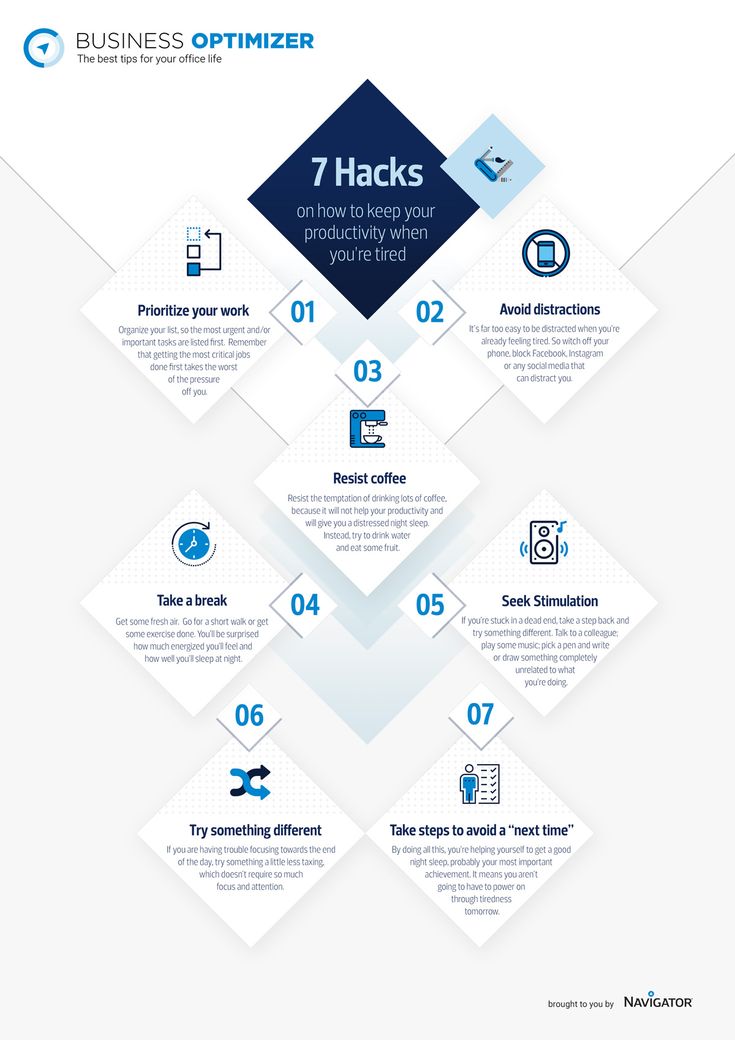 So I smoothly merge into the task, and then it’s easier for me to maintain concentration.
So I smoothly merge into the task, and then it’s easier for me to maintain concentration.
Do not immediately try to relieve emotional discomfort. Instead, focus entirely on the unpleasant sensation.
I do this: when I notice that some feeling is pushing me to distract myself, I take 10 conscious breaths in and out. Don't tell yourself you won't be distracted after this. Make a promise to yourself to do what you want, provided that you do this exercise first.
As you do so, notice how the breath and uncomfortable emotions feel. According to studies, simply observing them without negative evaluation leads to the fact that they dissipate. It happens to me. In at least 70-80% of cases, after 10 conscious breaths and exhalations, the desire to distract yourself goes away.
So you are armed with practical tips. Now you need to understand how to put them together and apply them to improve concentration in the most important areas.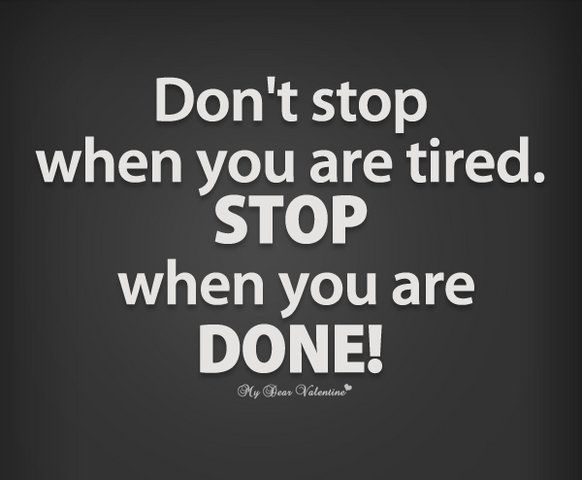 To do this, I propose a three-step plan.
To do this, I propose a three-step plan.
Set aside a few hours for something that requires concentration. Remove all potential distractions and allow yourself to enjoy the task. When the time is up, reflect and write down any changes you notice in your work or how you feel. Try to find as many positives as possible.
If you don't succeed the first time, don't give up. Despite your best efforts, something unexpected can always happen to distract you. Simply repeat this step one more time until you feel the practical benefits of improved concentration.
When you have appreciated the benefits of good concentration, you can practice applying the above methods. Start with a task that is not too important for you so as not to experience unnecessary pressure.
Ideally, you should choose something that you enjoy and that will get even better with the extra concentration. For example, cooking, walking or reading. We can do all these activities on autopilot, but they are more enjoyable if we pay enough attention to them.
For example, cooking, walking or reading. We can do all these activities on autopilot, but they are more enjoyable if we pay enough attention to them.
I started jogging. I can run without thinking, but I have noticed that when I focus on my breath, speed, my body and the surrounding landscape, the sensations become fuller. This gave me the motivation to develop focus. At the same time, I was able to experiment without feeling that much depended on my success or failure.
After you practice for a while, you will begin to understand how your attention works. You will begin to notice what supports it, what breaks it, and which of the proposed tools suits you best.
Now you can apply the acquired skills to the most important tasks. Remember to clearly define your goal and distractions from it. Over time, techniques that support concentration will become a habit. You will start using them as if they were the most natural thing in the world.